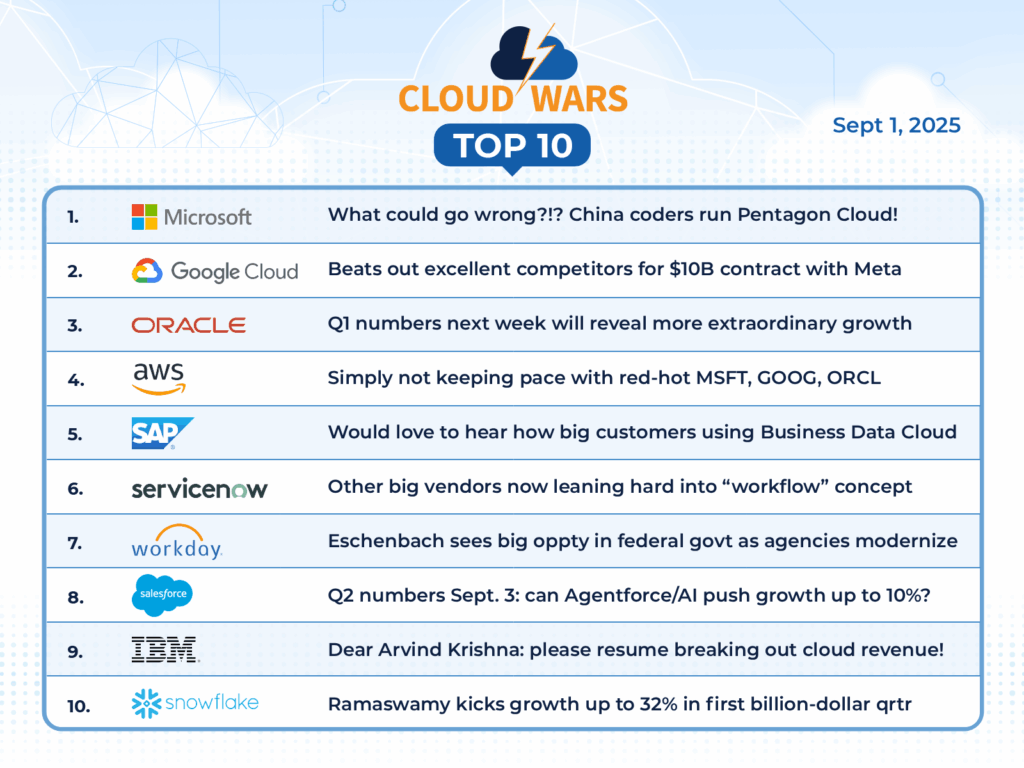
Google Cloud has cut energy consumption for Gemini Apps text prompts by an astonishing 33X and expects to continue making further reductions, which should alleviate wide-ranging but ill-founded concerns that surging demand for AI will lead inevitably to catastrophic environmental outcomes.
In a well-written and comprehensive blog post headlined “How much energy does Google’s AI use? We did the math,” two high-level Google executives disclosed this vital detail along with a number of other highly illuminating perspectives and details:
At the same time, our AI systems are becoming more efficient through research innovations and software and hardware efficiency improvements. For example, over a recent 12 month period, the energy and total carbon footprint of the median Gemini Apps text prompt dropped by 33x and 44x, respectively, all while delivering higher quality responses. These results are built on our latest data center energy emissions reductions and our work to advance carbon-free energy and water replenishment. While we’re proud of the innovation behind our efficiency gains so far, we’re committed to continuing substantial improvements.
To give that new energy-consumption volume some context, authors Amin Vahdat, Google Cloud VP and GM for AI & Infrastructure, and Jeff Dean, Chief Scientist for Google DeepMind and Google Research, wrote that the new “per-prompt energy impact is equivalent to watching TV for less than nine seconds.”
Of course, as Gemini has exploded onto the scene, the volume of Gemini Apps text prompts has soared and would require lots and lots of nine-second TV-viewing bursts to provide an equivalent match.
But in my view, this overall disclosure from Google has triggered some remarkable outcomes:
- 33X less energy usage: let’s all be careful to note that in the 12-month period, the reduction was not 33%, but rather 33X. I suspect that ongoing efforts won’t be able to match that scale, but it is nevertheless an extraordinarily great start.
- An end-to-end template others can adopt: as I’ll share below, Google Cloud used a remarkably detailed process to ensure it was measuring the total impact — and that end-to-end approach means the company now has a massive set of data to help optimize its next set of initiatives.
- AI is not boiling the planet: No doubt some alarmists will continue to screech about the impending doom toward which the AI Revolution is inevitably leading us, and there is nothing on heaven or Earth — not even a 33X reduction in just 12 months —that will cause them to think otherwise. That’s fine — we now have the rational data-based foundation that shows us their caterwauling is totally without merit.
- The power of private-sector innovation: Google could easily have said, “Hey, here in the early days of Gemini, we’re not going to worry about energy consumption because we’re going to pour all of our effort into boosting adoption of and revenue from Gemini — and somewhere down the road we’ll worry about energy efficiency.” But private enterprises have learned that energy management is great business: lower costs, less waste, more opportunities, more possibilities, more alignment with responsible values. And in that context, I give Google and Google Cloud huge kudos for their energy-management innovations, and hope their ongoing efforts are just as successful as this early round has been.
Final Thought
The blog post by Vahdat and Dean is well worth reading for many reasons, not the least of which is showcasing the rigor that went into this overall effort, which allowed them to make big innovations in:
- more efficient model architectures:
- efficient algorithms and quantization:
- optimized inference and serving:
- custom-built hardware:
- optimized idling;
- ML software stack;
- ultra-efficient data centers; and
- responsible data-center operations.
There are no shortcuts to market leadership, and Google Cloud’s remarkable 33X reduction in power consumption for Gemini Apps text prompts is yet another reason why it is #2 on the Cloud Wars Top 10 with a lot of upward mobility still available.










